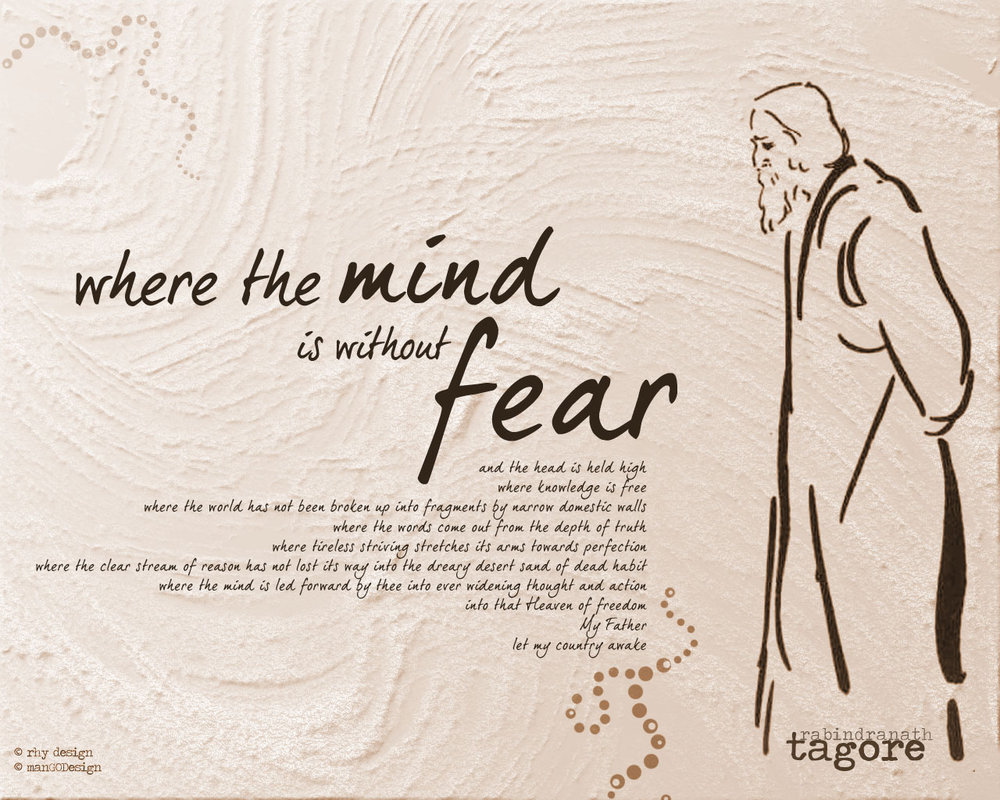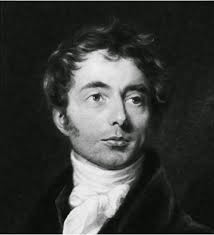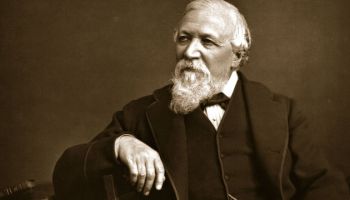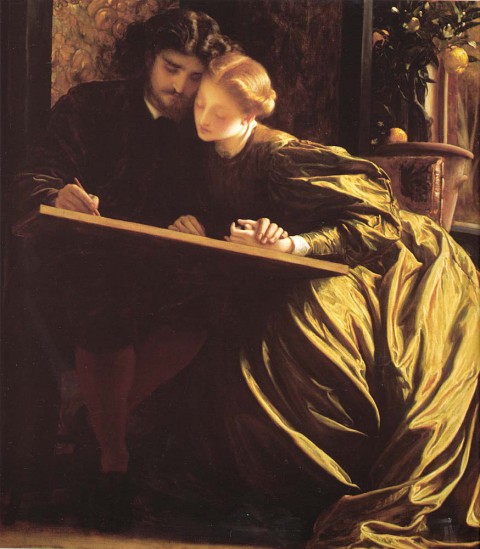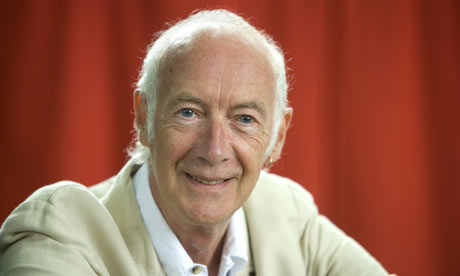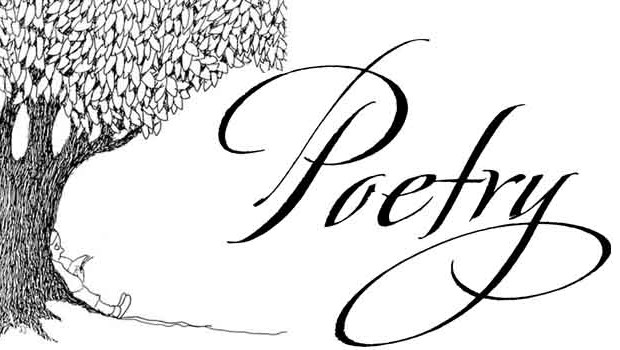This poem is Tagore’s way of protesting against organized religion. He feels that organized religion teaches its believers false methods of worship, such as chanting mantras, singing hymns, counting beads, offering flowers, and lighting incense. If we read through this list of false methods of worship, we will see that Tagore’s attack is aimed specifically at Hinduism and Christianity. Hinduism is, of course, the religion followed by the majority of his countrymen. The inclusion of Christianity in his attack is also rationally motivated.
Tagore lived at a time when India was still occupied by the British. English missionaries often tried to convert Hindus belonging to lower classes and castes into Christians, promising that they would not have to undergo the kind of discrimination they do at the hands of the upper class and higher caste Hindus at the hands of their fellow Christians. However, the poet felt that enforced conversion was not a noble thing. In fact, Christianity also preached false beliefs, and hence, it was not worth anything more than Hinduism in the poet’s eyes. Both of these religions call for blind belief, and they do not open their doors to believers of other religions.
Tagore asks his readers to relinquish such narrow faith. He tells them that God is not to be found in any specific place of worship, such as a temple or a church. Instead, God is present wherever a man can be seen toiling. The hardest workers of all are the poor, for they know that if they do not work, then they will not be able to eat. Since they are committed to their work, God is always by their side. In their good times as well as their bad times, God never abandons these people. God is so close to the earth, in fact, that he is not afraid of getting dusty in its proximity. The elite class, from which Tagore himself hailed and for whom he was essentially writing, do not have the same commitment to their work. They spend their time worshipping idols. That is why Tagore asks them to reverse their habits. Tagore tells them to stop worrying about the afterlife and salvation and instead concentrate on the here and now. God exists not in heaven but on earth. To reach God, you need not pray or fast. You need to do your work well. That will ensure that God will be by your side in your joy and your sorrow and watch over you at all times.
Open thine Eyes and See thy God: Annotations
Please note: N= noun, V=verb, Adj=Adjective, Adv=Adverb, P=Preposition, Pr=Pronoun
1st stanza:
Chanting (V): Present participle form of the word “chant,” that is, to sing or intone (a psalm, canticle, or sacred text)
Telling (V): Present participle form of the word “tell,” that is, to count (the members of a group.
Beads (N): Plural form of the word “bead,” that is, a small piece of glass, stone, or similar material that is threaded with others to make a necklace or rosary or sewn onto fabric
Dost (V): An older form of the word “do.”
Thou (Pr): An older form of the word “you.”
Worship (V): Take part in a religious ceremony
Thine (Pr): An older form of the word “your.”
Thy (Pr): An older form of the word “your.”
Thee (Pr): An older form of the word “you.”
2nd stanza:
Tiller (N): A person who tills land; farmer
Tilling (V): Present participle form of the word “till,” that is, to prepare and cultivate (land) for crops
Shower (N): A brief and usually light fall of rain, hail, sleet, or snow
Garment (N): An item of clothing
Holy (Adj): Dedicated or consecrated to God or a religious purpose; sacred
Mantle (N): An important role or responsibility that passes from one person to another
3rd stanza:
Deliverance (N): The action of being rescued or set free
Master (N): A person who has complete control of something
Bonds (N): Plural form of the word “bond,” that is, a force or feeling that unites people; a shared emotion or interest
Creation (N): The creating of the universe, especially when regarded as an act of God
Bound (V): Past participle form of the word “bind,” that is, to cause someone to feel strongly attached to (a person or place)
4th stanza:
Meditations (N): Plural form of the word “meditation,” that is, the action of focusing one’s mind for a period of time, in silence or with the aid of chanting, for religious or spiritual purposes or as a method of relaxation
Incense (N): A gum, spice, or other substance that is burned for the sweet smell it produces
Tattered (Adj): Old and torn; in poor condition
Stained (V): Past participle form of the word “stain,” that is, to mark or discolor with something that is not easily removed
Toil (N): Exhausting physical labor
Brow (N): A person’s forehead
Open thine Eyes and See thy God: Poetic Devices
Rhyme scheme:
The poet does not follow any identifiable rhyme scheme in this poem.
Rhetorical devices:
Apostrophe: This rhetorical device is used when a poet addresses their poem to an absent audience. In this poem, the poet uses the device of the apostrophe as he addresses his questions and his advice to all idol worshippers, whom we never see responding at any point in the poem.
Open thine Eyes and See thy God: Central Idea
The poet asks his readers to stop indulging in false methods of worship. He asks them to give up all religious rituals such as chanting, singing, counting beads, meditating, offering flowers, or lighting incense. In fact, he asks them to stop worshipping idols or worrying about their own salvation. The poet shows them that God does not exist in any temple or an imaginary place like heaven. He exists on earth itself. He can be found by the side of the poor and the lowly who work hard every single day of their lives. That is why the poet tells his readers to concentrate on their work and commit to doing it well, for that will ensure that God is always with them in their good times as well as their bad times.
Open thine Eyes and See thy God: Themes
The attack on idol-worshippers:
This poem is aimed at dispelling the false beliefs of idol worshippers. These people believe that God exists only in temples and the best way to serve him is to offer flowers and incense to an idol in a temple. However, the poet tells them that God does not have any material existence at all. He only exists in spirit. His presence cannot be seen but can only be felt.
The attack on Hinduism and Christianity:
The poet outlines certain false methods of worship in this poem, such as chanting, singing, and counting beads. All these practices can be associated with either Hinduism or Christianity. Tagore attacks Hinduism because that is the religion followed by most Indians. However, he also attacks Christianity, knowing that English missionaries have been trying to convert lower caste Hindus into Christians. The poet feels that both these religions are misguiding their followers in their quest for God. In fact, any organized religion should be resisted, in his opinion.
The true method of worship:
For all the false methods of worship outlined by Tagore, he only offers one true method of worship instead. He says that the only way to serve God is to perform our work well. If we do so, then God will always be by our side and watch over us.
For all the false methods of worship outlined by Tagore, he only offers one true method of worship instead. He says that the only way to serve God is to perform our work well. If we do so, then God will always be by our side and watch over us.
Open thine Eyes and See thy God: Tone
The tone of this poem is both solemn and didactic. The poet knows that He is an important message and one that should reach the greatest number of his countrymen as soon as possible. He knows that by teaching them to turn away from organized religion and concentrate on their work, he is opening up the path for them to become more self-reliant so that they can take bold steps in their fight for freedom from the British.
“Open thine Eyes and See thy God” is one of the most inspirational poems by Tagore. His clear-sightedness about the ill effects of religion reminds us of Marx, who had said that religion is opium for the masses. By turning the average reader away from such false systems of belief and encouraging them to pay attention to work, Tagore was advocating a much more feasible path towards true freedom than other nationalists of his time. It is this ability to think differently that made him unique. Other than Open thine Eyes and See Thy God: Analysis, you can also refer to Open thine Eyes and See Thy God: Summary.
Some online learning platforms provide certifications, while others are designed to simply grow your skills in your personal and professional life. Including Masterclass and Coursera, here are our recommendations for the best online learning platforms you can sign up for today.
The 7 Best Online Learning Platforms of 2022
- Best Overall: Coursera
- Best for Niche Topics: Udemy
- Best for Creative Fields: Skillshare
- Best for Celebrity Lessons: MasterClass
- Best for STEM: EdX
- Best for Career Building: Udacity
- Best for Data Learning: Pluralsight
